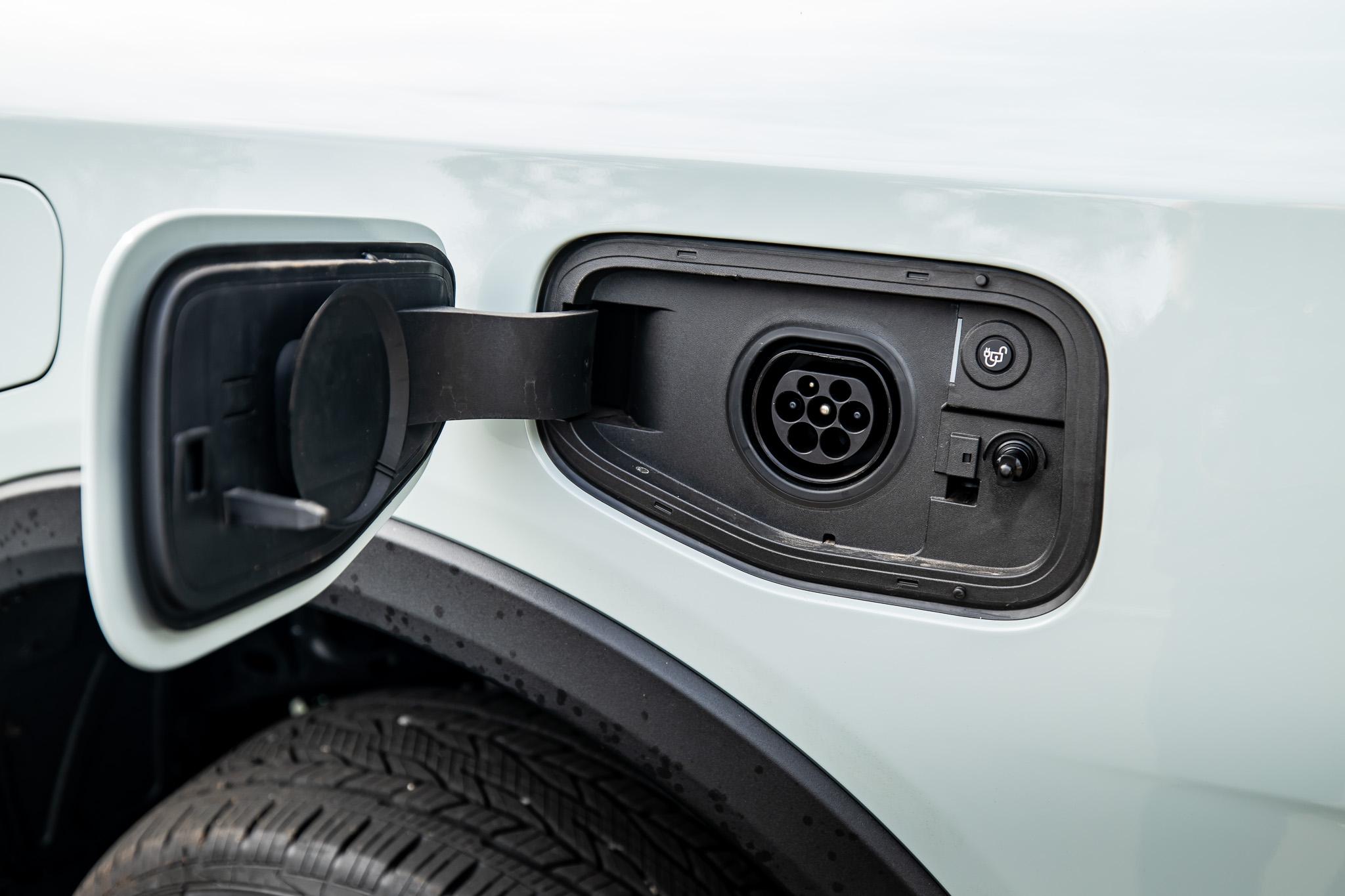The current-generation Volkswagen Amarok won’t be offered with an electric or plug-in hybrid powertrain, according to company executives.
As recently as April 2025, Volkswagen said it was “seriously considering” an electric (EV) or plug-in hybrid (PHEV) Amarok – however, those projects now appear to have been axed.
But while Volkswagen has ruled out electrified versions of the current Amarok, the possibility of an Amarok EV or PHEV being developed for the next-generation ute has been left open – all but confirming a new-generation Amarok is on the cards for the 2030s.
“Stefan Mecha, our new [Volkswagen Commercial] CEO made it clear … the PHEV and BEV Amarok is no longer being discussed at this point in time, in this generation,” Nathan Johnson, Volkswagen Commercial’s brand director, told CarExpert.
CarExpert can save you thousands on a new car. Click here to get a great deal.

The decision comes just months after Ford released a plug-in hybrid version of the Ranger – the non-identical twin to the Amarok.
While Mr Johnson wouldn’t be drawn on confirming a new-generation Amarok, he said “there is opportunity in the future” to revisit an Amarok BEV and PHEV.
“It’s a global decision at this point in time.”
Despite the possibility of a low- and zero-emissions ute as part of its portfolio, Mr Johnson says the company is well positioned for the New Vehicle Efficiency Standard (NVES) – legislation introduced by the Australian Government to incentivise the uptake of more efficient cars.

“Our goal is to be self-sustainable without an impact to the customer … [so] that they can pick up a [petrol or diesel car] or BEV or PHEV – and essentially we want the customer to make the decision about which is the best vehicle for them,” he explained.
“And then obviously, over time, we’ll transition our fleet to be different in terms of what it is – but our goal is always to be self-sustainable.”
Part of the goal, Mr Johnson explained, was providing new-car buyers with a choice, without having to increase vehicle prices to cover potential fines from NVES.
“We do not want to be increasing our prices to subvent an NVES strategy, our goal is to make sure that we do this [in a natural way].”

